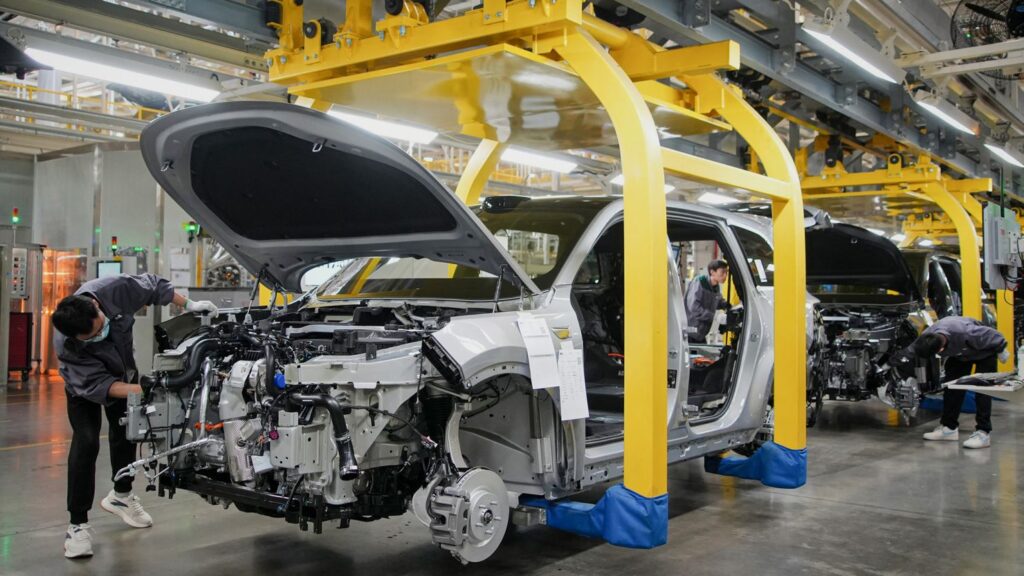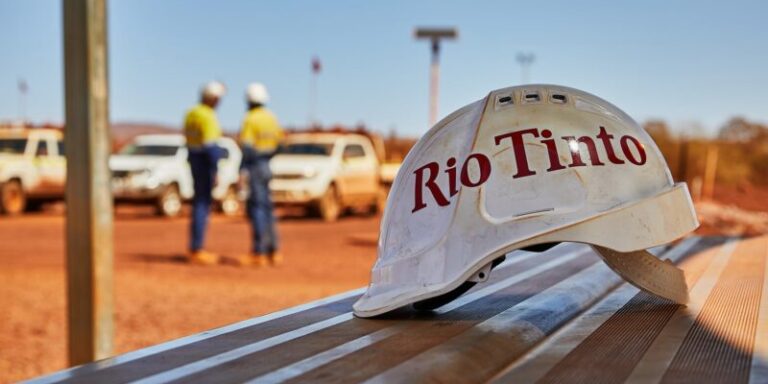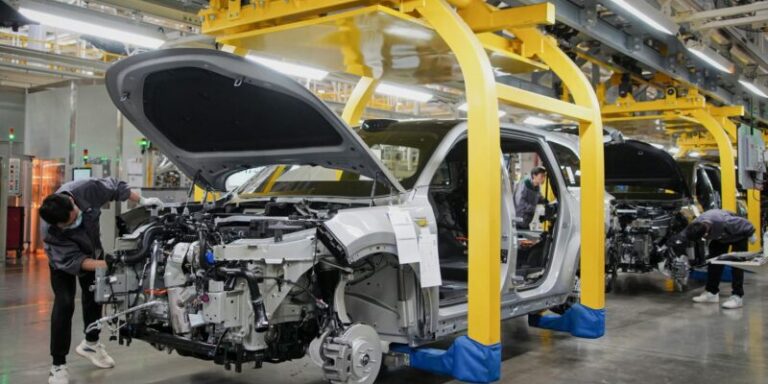
Honda has delayed its electric vehicle (EV) supply chain project in Canada by approximately two years, citing weakening global EV demand and increasing trade tensions.
The decision coincides with a forecasted 59% drop in operating profit for fiscal 2026.
The Ontario-based project—announced in April 2024—was to be a cornerstone of Honda’s North American EV strategy, involving localised production of electric vehicles, battery manufacturing, and cathode material processing. However, the automaker says the project is now on hold.
“Due to the recent slowdown of the EV market, Honda Motor has announced an approximate two-year postponement of the comprehensive value chain investment project in Canada,” Honda Canada spokesperson Ken Chiu told CBC News.
“The company will continue to evaluate the timing and project progression as market conditions change.”
Originally slated to begin production in 2028 at Honda’s Alliston facility, the project was expected to include a new EV battery plant and cathode material processing operations.
While Honda has not confirmed the total investment, it was widely estimated at $10–11 billion.
Had the project proceeded on schedule, it would have marked Ontario’s third major EV battery plant, joining PowerCo’s facility in St.
Thomas and the NextStar Energy joint venture between Stellantis and LG Energy Solution in Windsor.
Honda’s postponement comes as it projects its operating income for the year ending March 2026 to fall to 500 billion yen (approximately €3 billion), down from 1.21 trillion yen (€7.4 billion) the previous year.
A significant portion of the shortfall—about 650 billion yen—is attributed to tariff-related losses, with 300 billion yen specifically tied to levies on roughly 550,000 imported vehicles.
Although Honda plans to offset 200 billion yen through internal cost-cutting, the remaining losses highlight the mounting pressure of protectionist trade policies—especially under the administration of U.S. President Donald Trump—on global automotive supply chains.
The decision also casts doubt on Canada’s ambitions to become a central player in North America’s EV manufacturing ecosystem, which has recently attracted a wave of investments from automakers and battery producers.






